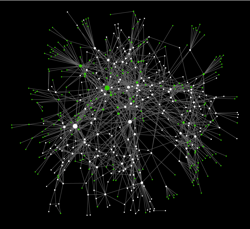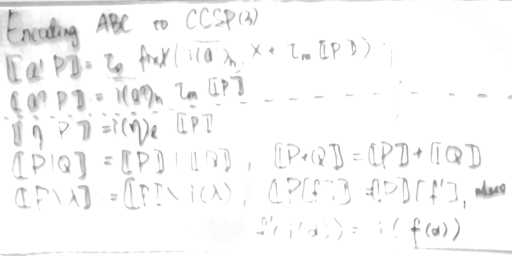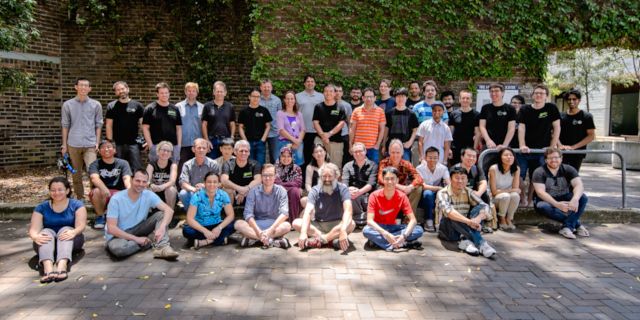Welcome to Trustworthy Systems!

We are the Trustworthy Systems Group
We research techniques for the design, implementation and verification of secure and performant real-world computer systems.
- We aim to change the world by making software truly trustworthy.
- Having made verified software a reality, our goal is to create a societal shift towards mainstream adoption.
We achieve impact by fundamentally changing how software systems are engineered in the real world. Our techniques provide the highest possible degree of assurance—the certainty of mathematical proof—while being cost-competitive with traditional low- to medium-assurance systems.
Our research brings together a unique combination of expertise in operating systems, formal methods. Our seL4 microkernel is the most thoroughly verified operating system kernel in the world.
Our work goes beyond research. We show how to build robust, high-performance software stacks for the software development community, and also engage with other organisations to apply our technology to real problems.
Our main activities
Research
Breakthroughs that combine our expertise in operating systems, formal methods and programming languages.

Engagement
We apply our unique research and engineering experience to solve problems in the real world.

Additional resources
Latest news
Foresight Institute awards grant to TS
2026-03-02 – California-based non-profit Foresight Institute has awarded a grant to Gernot Heiser and Rob Sison for our project to connect proofs about usermode components to the seL4 specs. This project is a key part in the PISTIs-V project that aims to extend seL4’s verification to a the full LionsOS operating system.
TS students shine at annual CSE Thesis Showcase
2025-12-12 – The annual Thesis Showcase of the School of Computer Science & Engineering featured four TS students who presented their excellent honours theses: (left to right) Richard Shen, Thomas Liang (back to camera), Lesley Rossouw and Halogen Truong.
Trustworthy Systems Postgrads in India and Morocco
2025-12-11 – Our postgraduate students are representing TS at conferences around the world.






